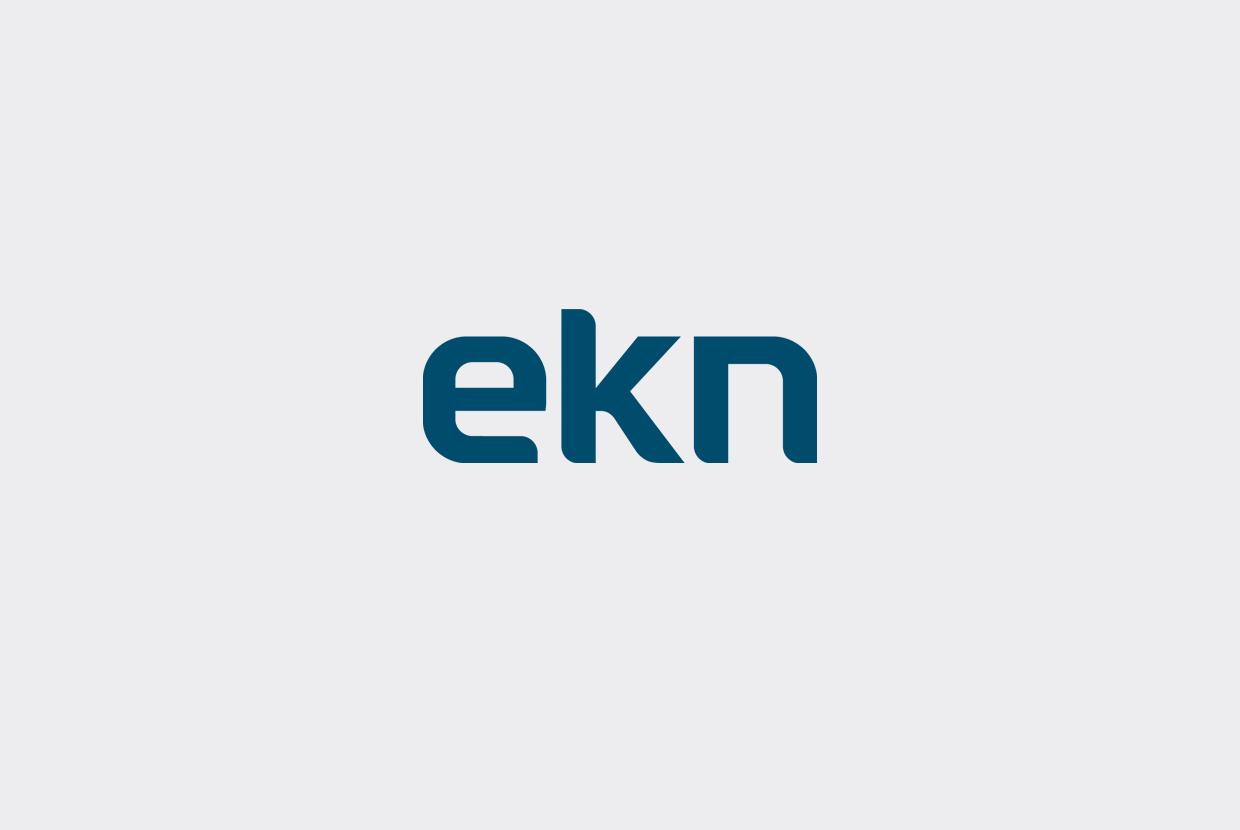In July 2007, EKN, Sweden’s export credit agency (ECA), was granted a new mandate aimed at better supporting the increasingly globalised nature of Swedish corporates” business. Its new policy removed the need to ensure a required level of national content in an export transaction.
“Global trading with complex transactions makes it less relevant and also fairly difficult to define national content,” Karin Apelman, director-general at EKN explains to GTR.
Elaborating on EKN’s tactical change, she comments: “Instead we changed our policies to focus on the Swedish interest in a deal, as well as ensuring it has a link to Swedish exports. We have already closed a number of deals under this mandate.”
With this new strategy in mind, the ECA can guarantee deals which feature only a limited proportion of Swedish goods and services, as long as it can demonstrate that in the long run it will contribute to future export earnings for Sweden’s economy.
This development reflects the wider trend among ECAs to either reduce the level of national content required in an export transaction, or remove constraints completely, to ensure they can competitively support their exporters.
EKN’s tactics seem to have been a success so far, with the number of offers and guarantees issued over 2007 increasing in number, issuing 1,387 offers last year compared to 1,230 issued in 2006, according to the agency’s annual report. There was a dip in volume compared to 2006, but that was purely to a very large single transaction guaranteed in that year.
The financial achievements of EKN could be partially put down to the reorganisation EKN completed in mid-2007, creating two separate business areas, one covering large corporates and the other supporting small and medium-sized enterprises (SMEs) with turnovers below Skr1bn and fewer than 500 employees. This division of business areas reflects the need for different types of financing products for different tiers of corporates.
Within the SME division, EKN aims to increase the level of standardisation of products, and speed up administrative processes.
However, larger corporates require EKN to offer a little more flexibility to create more tailor-made structures to support more complex transactions.
The new tighter focus has reaped dividends with EKN having increased the number of new small and medium-sized customers it has supported from 74 in 2006 to 99 customers in 2007. Looking back to 2005, the agency only recorded 33 new customers.
One of the key developments within its SME division is the creation of the new “export loan” for SMEs, which EKN developed with Swedish Export Kredit, ALMI and SwedFund.
So far EKN has closed eight export loans of between US$1mn-1.5mn from the launch in July until year-end. Initially Skr500mn (US$83mn) has been allocated to the product.
The motivation for developing this financing instrument is borne out of the fact that Sweden’s economy is highly dependent on its exporters, with Swedish exports accounting for 50% of the country’s gross national product (GDP).
However, just 10 large companies account for 40% of these exports, which means that the success of smaller companies has a significant impact on wider Swedish economy. The failure of a number of SMEs will cause a more significant dent in the Swedish market compared to other developed countries.
The range of SMEs that have worked with EKN is broad. One example given by the agency is SSPA Sweden, an independent consultancy and development company, working in the maritime sector focusing on ship design and related operations.
It receives commissions from shipyards, shipping companies, and harbours, with many Korean and Chinese shipyards testing their designs with them. EKN supports the company through guaranteeing its claims on customers.
Reflecting on the future of Sweden’s export market, Apelman remains positive, remarking: “We are expecting an increase in trade volumes, however not yet seen. Sweden has a long tradition in trade and a need to trade to support its GDP growth.”
EKN is also continuing to ensure it maintains a global presence, supporting Swedish interests around the world. Earlier this year, EKN’s board of directors made a trip to South Africa to assess the country’s acute needs for infrastructure development, needs that can be supported by Swedish exporters.
Additionally, it is forging close links with the New Zealand ECA (NZECO), following the signing of a cooperation agreement back in 2005. During the first three months of this year, an EKN representative has been working in New Zealand alongside the ECA helping the agency with new products and strategies.







